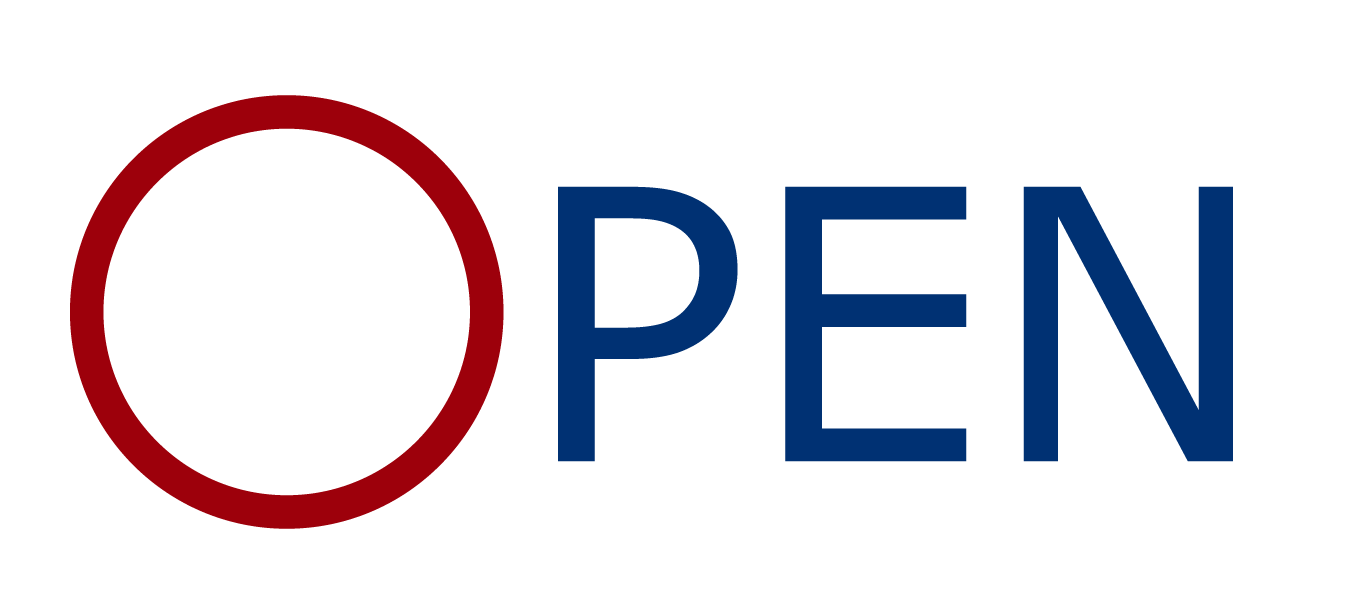Melflufen and Dexamethasone Reinduction in Daratumumab-refractory Multiple Myeloma as an Adjunct to Continued Daratumumab (MERMAID)
Short Summary
The primary hypothesis of this study is that six cycles of melflufen and dexamethasone re-induction as an adjunct to continued daratumumab in subjects that have become refractory to daratumumab will recapture and potentiate the clinical efficacy of daratumumab by suppressing the daratumumab-refractory myeloma sub-clones.
Rationale
Melflufen is a peptidase-potentiated alkylator. Due to its lipophilicity and peptidase-dependent distribution profile, a strong increase of alkylator is achieved in cancer cells, without a corresponding increase in other cells.
Preliminary data from several phase 2 studies show that melflufen is a safe and effective treatment of relapsed and refractory multiple myeloma. These studies are:
o O-12-M1 (melflufen-dexamethasone)
o HORIZON (melflufen-dexamethasone)
o ANCHOR (daratumumab/bortezomib-melflufen-dexamethasone)
Daratumumab is a first-in-class, human CD38 antibody. Daratumumab monotherapy is approved for the treatment of relapsed and refractory multiple myeloma. Daratumumab in combination with standard anti-myeloma regimens is approved for the treatment of both newly diagnosed and relapsed refractory myeloma.
The mechanisms by which myeloma cells become refractory to daratumumab are poorly understood.
Multiple myeloma is a clonally heterogenic disease driven by sub-clonal evolution. It is possible that daratumumab loses its effect due to the emergence of daratumumab-refractory myeloma sub-clones.
Description of the cohort
Adults with multiple myeloma who after an initial response have become refractory to daratumumab in their last line of therapy
Data and biological material
Blood samples.
Urine samples.
Bone marrow biopsy samples.
Skin biopsy sample.
Quality of life questionnaires.
Collaborating researchers and departments
Oslo Myeloma Center (Fredrik Schjesvold), Rigshospitalet (Peter Brown)
Hvis du er interesseret i data eller biologisk materiale fra dette projekt, tag da kontakt til open@rsyd.dk, OPEN vil så kontakte den pågældende forsker for at høre om mulighederne for samarbejde. OPEN hjælper sundhedsvidenskabelige forskere i Region Syddanmark med dataindsamling, biobank, registerdata og formalia omkring deres forskningsprojekter.

